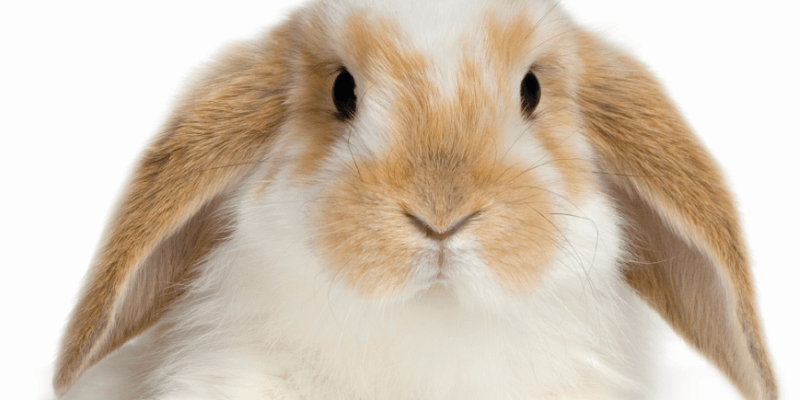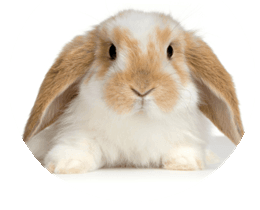How much should I feed my pet, and how often?
Every animal will require different quantities of food and will need to be fed accordingly. Why must we follow these rules? Because over-feeding an animal will cause obesity and possibly illness, such as sickness and diarrhoea. Some animals are able to continue eating if you keep feeding them, so it’s better to control their intake.
Underfeeding an animal is also unhealthy; they’ll lack energy and could become ill. It’s always better to follow the correct dosage. Some animals require feeding everyday; dogs and cats are more labour intensive and usually eat twice a day.
The amount you feed will depend on the animal’s weight. Remember that some breeds are larger than others, so you’ll need to take this into account rather than age (i.e. A Maine coon kitten is a lot bigger than a tabby kitten so it’ll need more food).
Rodents generally require feeding once a day, as do reptiles, apart from lizards and snakes, which can be fed once a week or even once every fortnight. Once again, you’ll need to assess the quantity depending on the breed, the weight and age of your animal and the size of the food you are giving them.
Some animal food is prone to spoiling, so should be removed after a few hours if the animal hasn’t eaten it – raw foods, wet foods and dead creatures for example. Dried biscuits can usually be left out for the day, as can seeds and nuts.
When it comes to creating a feed schedule, there are no set rules. If you are at home all day you can feed morning and at teatime, but if you work, then perhaps you can only feed the animal once every twelve hours or so. Consider if there’s something you can leave out for a pet to eat.
You can buy electronic feeders for pets such as cats, dogs and fish where a specified amount of food is made available at a certain time if you work long hours. Regardless of your type of pet, fresh drinking water should always be available.


